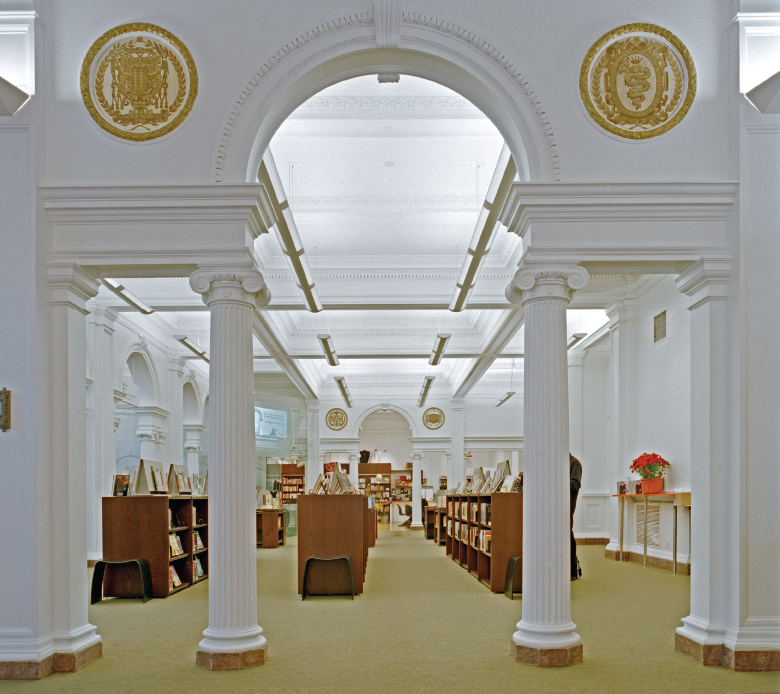Books and the Future of Democracy

As we enter the digital age, the book-reading habits of children and adults have become a social concern. After all, books have played an important role not only in spreading the idea of democracy but also in connecting us to new ideas beyond our local experience. The impact of our oldest mass medium—the book—remains immense. Without the development of printing presses and books, the idea of democracy would be hard to imagine. From the impact of Harriet Beecher Stowe’s Uncle Tom’s Cabin, which helped bring an end to slavery in the 1860s, to Rachel Carson’s Silent Spring, which led to reforms in the pesticide industry in the 1960s, books have made a difference. They have told us things that we wanted—and needed—to know, and inspired us to action. And quite suddenly, Americans are reading more again. In a sharp turnaround from a decade earlier, a 2009 National Endowment for the Arts (NEA) study, Reading on the Rise, reported that “for the first time in the history of the survey—conducted five times since 1982—the overall rate at which adults read literature (novels and short stories, plays, or poems) rose by seven percent.” Interestingly, the most rapid increase in literary reading was in young adults ages eighteen to twenty-four, with significant increases among Hispanic and African American populations, and with fiction accounting for the new growth in all adult literary readers. The NEA surmised that millions of parents, teachers, librarians, and community leaders who endorsed reading and reading programs spurred the increase in reading. The survey found that America is basically divided in half: About 50 percent of Americans can be considered readers, and about 50 percent are nonreaders. Moreover, the NEA report noted that people who read regularly are more active in civic and cultural life and more likely to perform volunteer and charity work, crucial activities in a democratic society.19

“Universally priced at twenty-five cents in its early years, the paper-back democratized reading in America.”
KENNETH DAVIS, TWO-BIT CULTURE, 1984
Although there is an increased interest in books, there is concern by many for the quality of books. Indeed, the economic clout of publishing houses run by large multinational corporations has made it more difficult for new authors and new ideas to gain a foothold. Often, editors and executives prefer to invest in commercially successful authors or those who have a built-in television, sports, or movie audience. In his book The Death of Literature, Alvin Kernan argues that serious literary work has been increasingly overwhelmed by the triumph of consumerism. People jump at craftily marketed celebrity biographies and popular fiction, he argues, but seldom read serious works. He contends that cultural standards have been undermined by marketing ploys that divert attention away from serious books and toward mass-produced works that are more easily consumed.20
Yet books and reading have survived the challenge of visual and digital culture. Developments such as digital publishing, word processing, audio books, children’s pictorial literature, and online services have integrated aspects of print and electronic culture into our daily lives. Most of these new forms carry on the legacy of books: transcending borders to provide personal stories, world history, and general knowledge to all who can read.
Since the early days of the printing press, books have helped us to understand ideas and customs outside our own experiences. For democracy to work well, we must read. When we examine other cultures through books, we discover not only who we are and what we value but also who others are and what our common ties might be. 